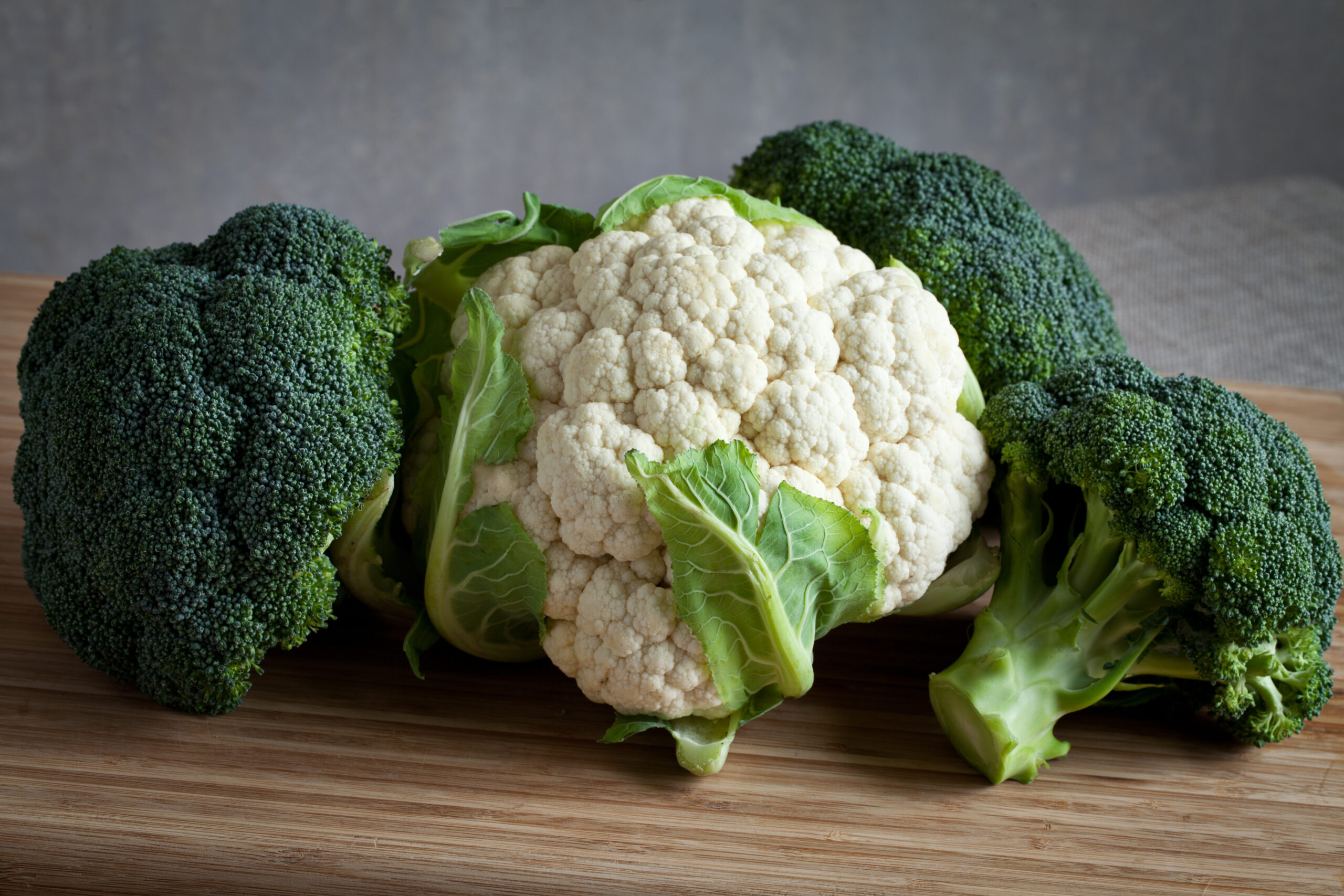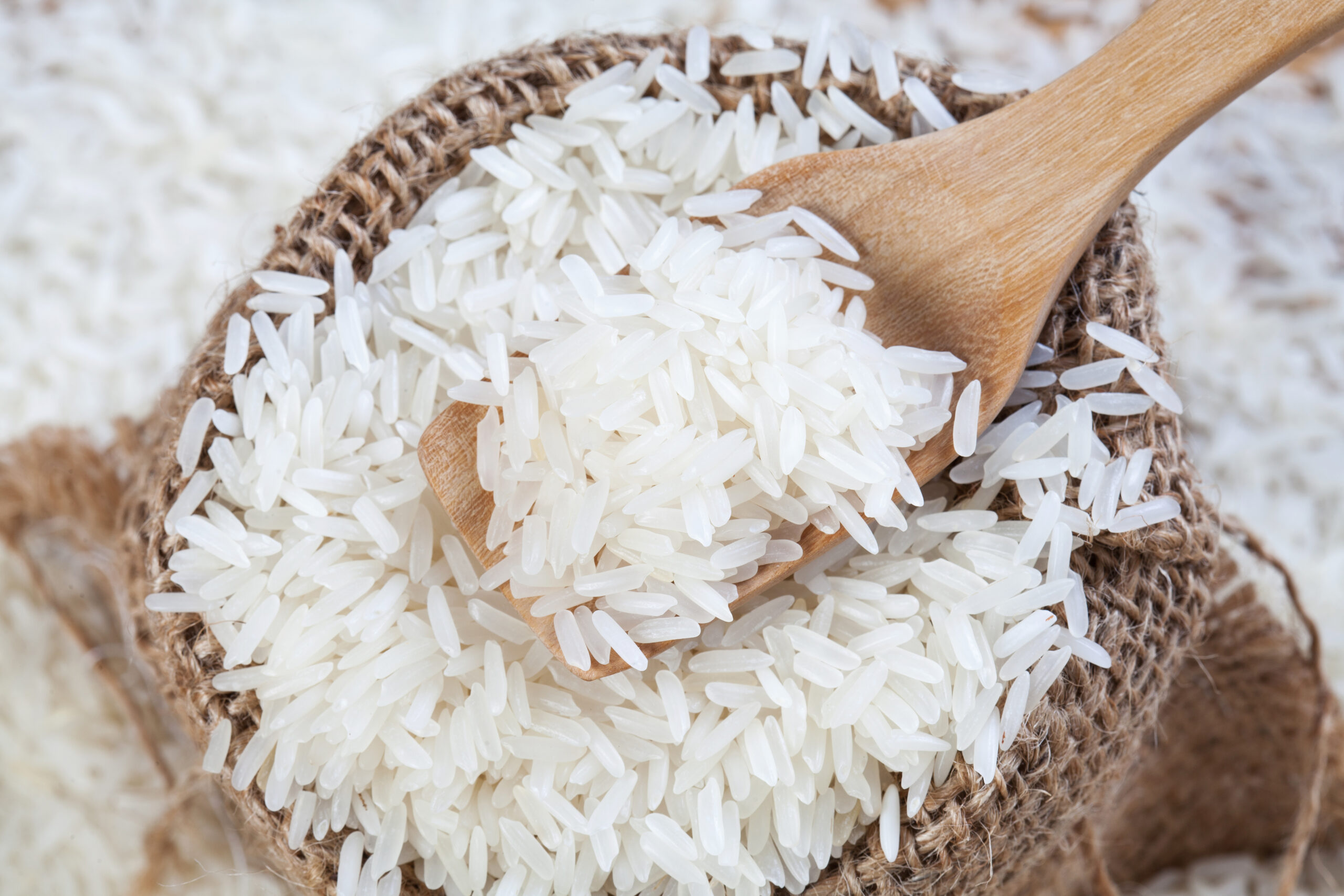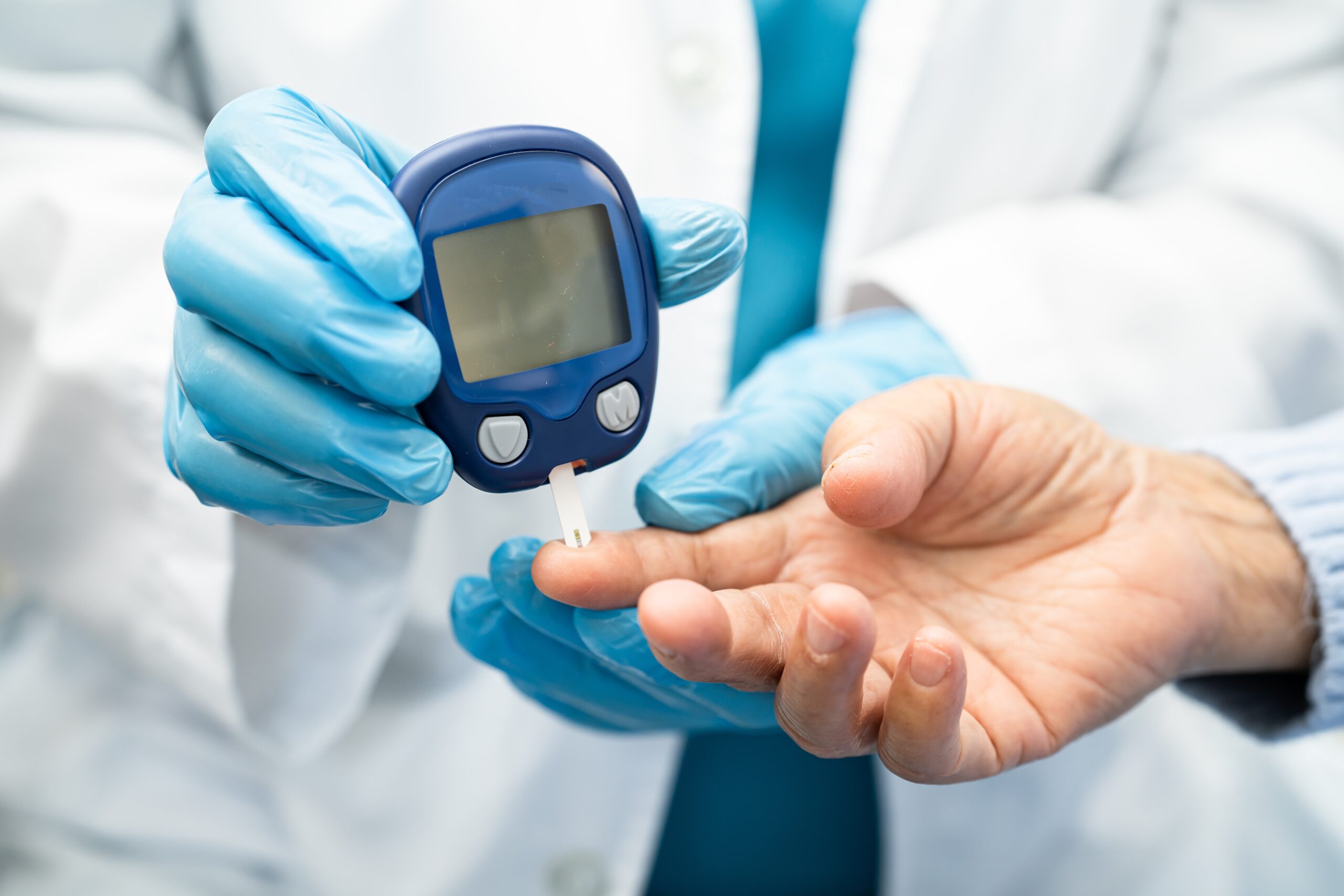Broccoli’s cancer-fighting ability shines in new studies, offering a natural defense against colon cancer.
Story Highlights
- Research shows broccoli can cut colon cancer risk by 17–26%.
- Daily intake of 20–60 grams is most effective.
- Glucosinolates and sulforaphane are key compounds in cancer prevention.
- Further research is needed due to study limitations.
Broccoli’s Role in Reducing Colon Cancer Risk
A comprehensive meta-analysis involving over 639,000 participants has revealed that increased consumption of cruciferous vegetables, particularly broccoli, is linked to a 17–26% lower risk of colon cancer. This protective effect is most pronounced with a daily intake of 20–60 grams. The study emphasizes the role of glucosinolates and their breakdown products, such as sulforaphane, in cancer prevention. However, it also highlights the need for further research due to methodological limitations and the necessity of diverse population studies.
A higher consumption of cruciferous vegetables such as broccoli and cauliflower was associated with a notably reduced risk for colon cancer (CC), with an optimal intake of 40-60 g/d providing a risk reduction of 20%-26%. https://t.co/LUyTyhflOA pic.twitter.com/wExRiYU5kF
— Medscape (@Medscape) August 24, 2025
Historical Context and Previous Research
Colon cancer ranks as the third most common cancer globally, with nearly 2 million diagnoses annually. Dietary habits have long been recognized as modifiable risk factors, with low vegetable and fiber intake contributing to increased risks. Early studies dating back to the 1990s suggested the protective effects of cruciferous vegetables. Recent meta-analyses now provide robust evidence, specifically quantifying effective intake levels. The majority of these studies have been conducted in North America and Asia, where colon cancer rates are notably higher.
Meta-analyses have shown inverse associations between cruciferous vegetable intake and the risk of various cancers, though not all studies have found statistically significant results. This inconsistency points to the need for cautious interpretation and further investigation.
Watch:
Implications and Future Directions
The findings have significant implications for dietary recommendations and public awareness. In the short term, increased public understanding of dietary strategies for cancer prevention could lead to shifts in consumer behavior. Long-term effects may include a reduction in colon cancer incidence, provided dietary changes are widely adopted. Economically, this could result in healthcare cost savings, while socially, it could lead to improved population health.
Despite the promising findings, several challenges remain. The reliance on observational data and the lack of generalizability to non-Western and non-Asian populations are critical limitations. Experts call for more rigorous prospective studies in underrepresented regions to confirm these findings and establish causality. As the evidence base for dietary prevention of colon cancer continues to grow, more refined recommendations are anticipated.
Sources:
Times of India, 2025-08-25
Nutrients (PMC), 2024-05-23
UCLA Health, 2023-12-29
MedicalXpress, 2025-08-21













